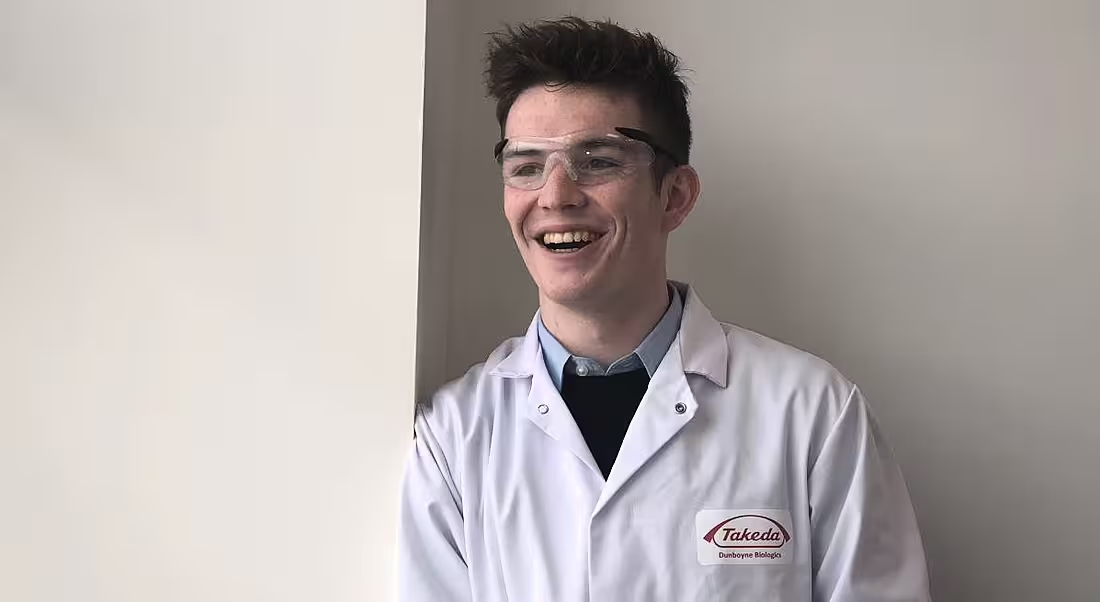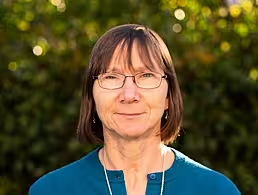Even if you’re familiar with the life sciences industry, setting up and establishing a new lab can be worlds away from the typical professional experience.
Lorcan Stewart is in the interesting position where he is in a new role – that of a quality control (QC) microbiology analyst at Takeda Dunboyne – while also working to setting up a brand new lab.
Takeda has been preparing its new biologics facility and all the set-up involved therein. We spoke to Stewart about the finer details of what is involved in this kind of process.
What is your role within Takeda?
I’m only 60 days into my QC microbiology analyst role, which typically would mean I spend my days testing. I’m lucky that in Takeda Dunboyne Biologics, I have been given the opportunity to be involved with setting up and establishing the new state-of-the-art labs, the classifying of the manufacturing areas – that means linking in and working with other teams to make that happen.
Everyone here has a valuable role to play, and that’s made very clear to each employee from the moment you join. The main reason we are all here is to help our patients and improve their quality of life.
If there is such a thing, can you describe a typical day in the job?
I honestly don’t think two days have gone by where I’ve done the same thing, which is the joy of being part of the start-up of a new facility.
I start my day at 8.30am with a tier meeting, which is kind of like a quality hub meeting, where we run and change the business day to day. When you walk away from that 15-minute meeting, everyone is on the same page in terms of the actions that need to be done. We work in self-directed teams, which means we decide what needs to be done and how we’re going to approach it.
Following the tier meeting, we head for a quick coffee and then it’s straight into the actions of the day. There is so much going on and before you know it, it’s time for lunch, which is a great chance to catch up with colleagues from across the business in the restaurant before you step back into your day.
It is a fast-paced, high-energy environment, which makes work enjoyable. Also, and importantly for me, Takeda Dunboyne Biologics has an Agile team design and places a strong emphasis on balancing the work you have committed to within your self-directed work team and delivering on your individual actions.
What types of project do you work on?
As Takeda Dunboyne Biologics is a new facility, the projects I am working on are allowing me to get once-in-a-lifetime experience not usually seen within the industry. Moving into a brand new lab is something that most scientists can only dream of, and here it’s a reality.
A lot of what I have been working on has been focused around the start-up of the micro lab, getting it ready for use – and we’re all chomping at the bit to get in there.
Another huge project I get to work on is the performance qualification of the manufacturing cleanrooms, making sure the cleanrooms are ‘clean’. This involves an initial assessment of their sterility and then continuous environmental monitoring to qualify them, making sure they reach cleanliness specifications and stay that way so that manufacturing of our products can begin in 2020.
It’s of utmost importance this is done right first time to prevent any contamination to the product. This has allowed me to gain a much deeper and broader understanding of the manufacturing side of the business, which I may not have got anywhere else.
What skills do you use on a daily basis?
Contrary to popular belief regarding a science job, interpersonal skills are the most important. Takeda Dunboyne Biologics is very people-driven, with an enterprise approach being important, so everyone is working together for the patient. This means every minute of the day, you’re working alongside others to get things done, so it’s important to be a team player.
Additionally, a strong emphasis is placed on speaking up when you have something to say, being a leader in your own right and not being afraid to give feedback. This makes work more enjoyable and ensures you feel valued. It also means that presentation and public speaking skills are important.
Finally, I would say that, now, my organisational skills are being brought to the forefront due to the fast-paced and changing environment involved in the setting up of a new facility. Time management, not double-booking yourself, and making sure you know both your own limitations and potential are a huge help in getting things over the line.




